A story about the cobble yard owner Bagwan Das and the local NGO Manjari working together to not only improve the conditions at Bagwan’s yard, but to set an example for the other sites in Budphura as well.
A story about the cobble yard owner Bagwan Das and the local NGO Manjari working together to not only improve the conditions at Bagwan's yard, but to set an example for the other sites in Budphura as well.
For the sake of Budphura and the welfare of the workers, all stakeholder in the supply chain must work together.
Bagwan Das
Budphura, India

Budhpura, in Rajasthan, is a major source of cobbles, also for export to the Belgian, French and UK markets. The sector is largely unorganised; production takes place mostly in front of houses, involving whole families. The mining areas are informal and associated with a multitude of problems, including low wages, lack of quality education, child labour, diseases (especially silicosis), alcoholism, domestic violence, environmental damage and non-functioning governmental systems.
Research report (2005), published by Arisa, about sandstone quarrying in Budhpura village, Bundi district, Rajasthan state, India.
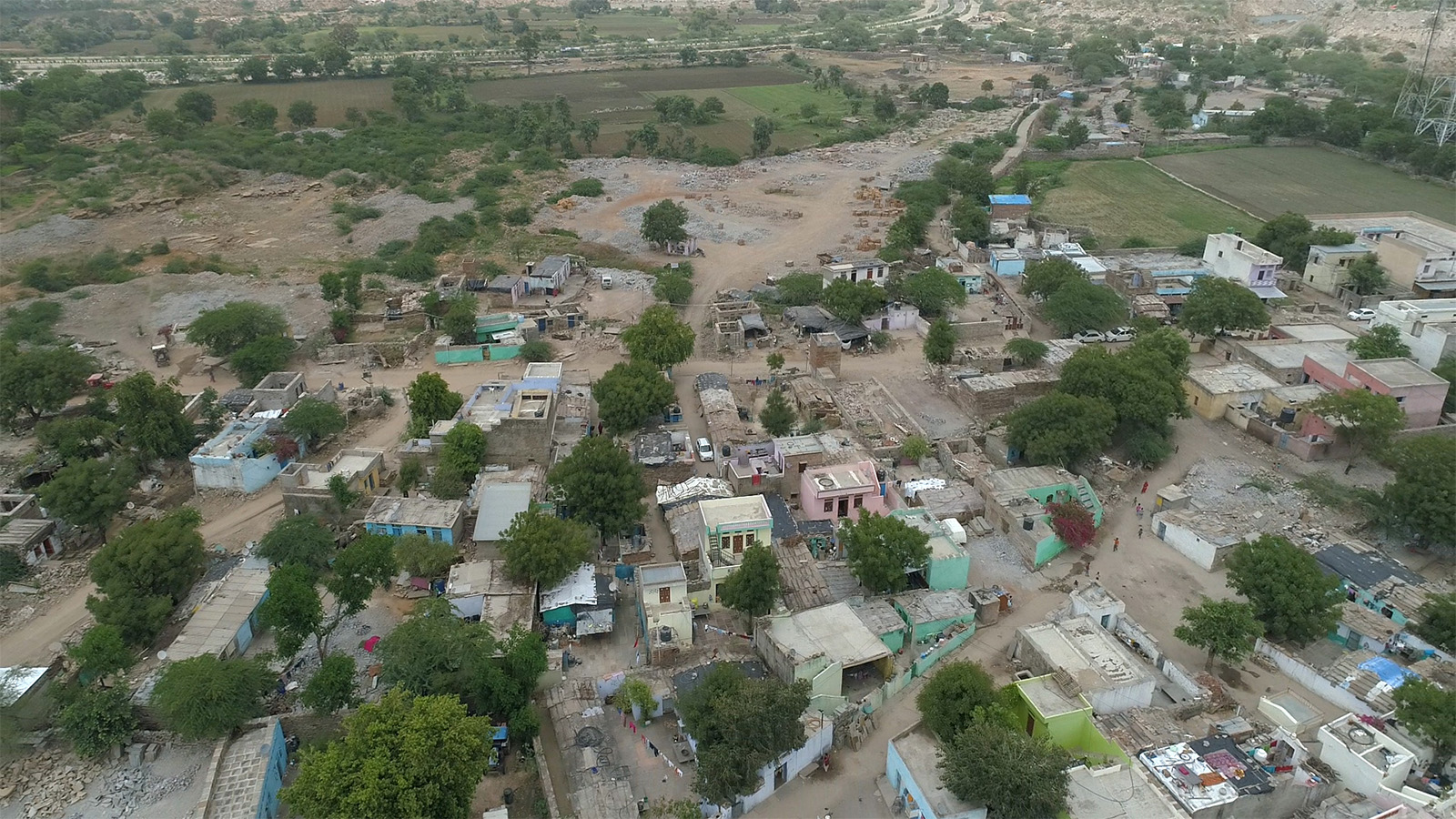
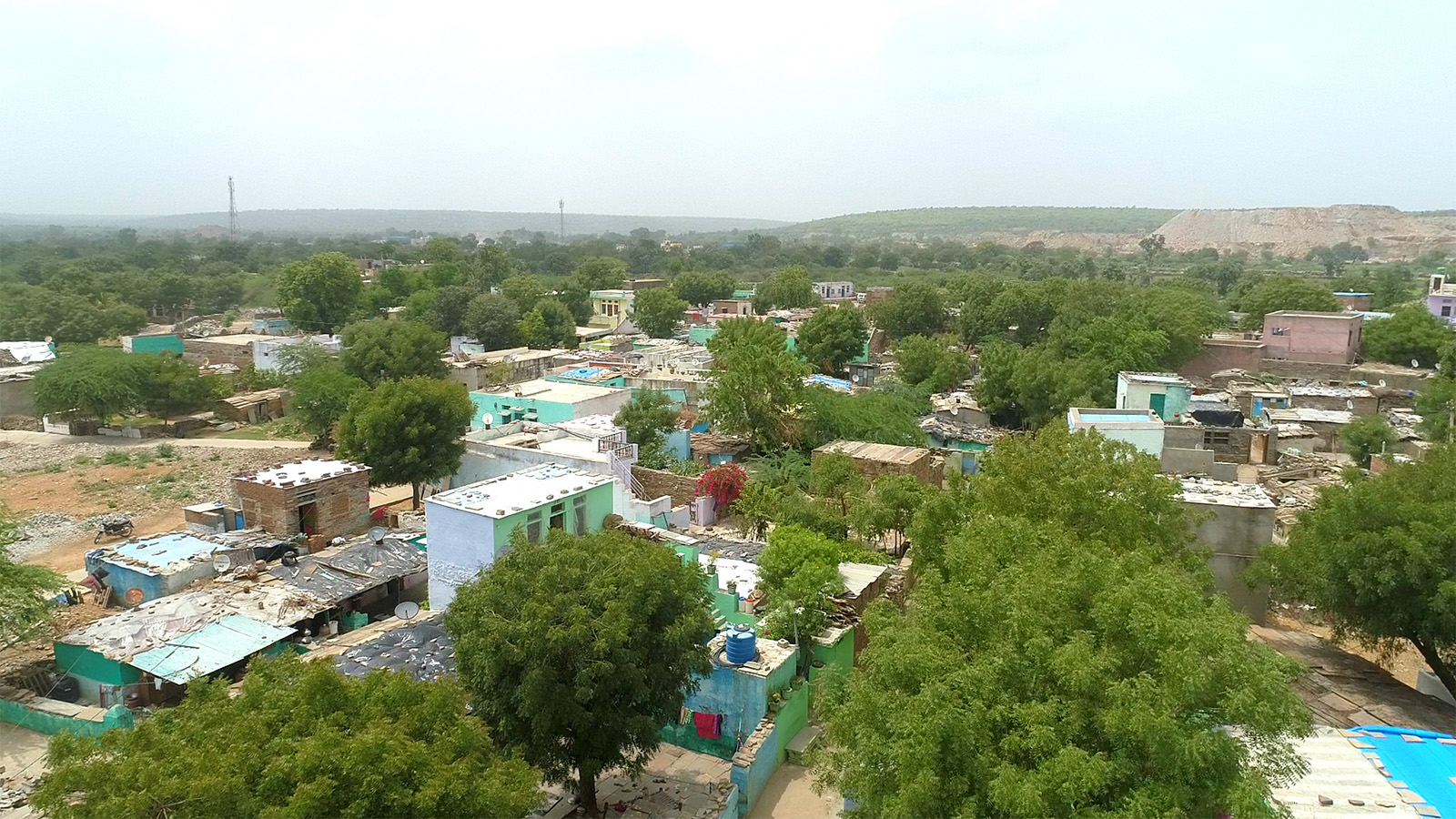
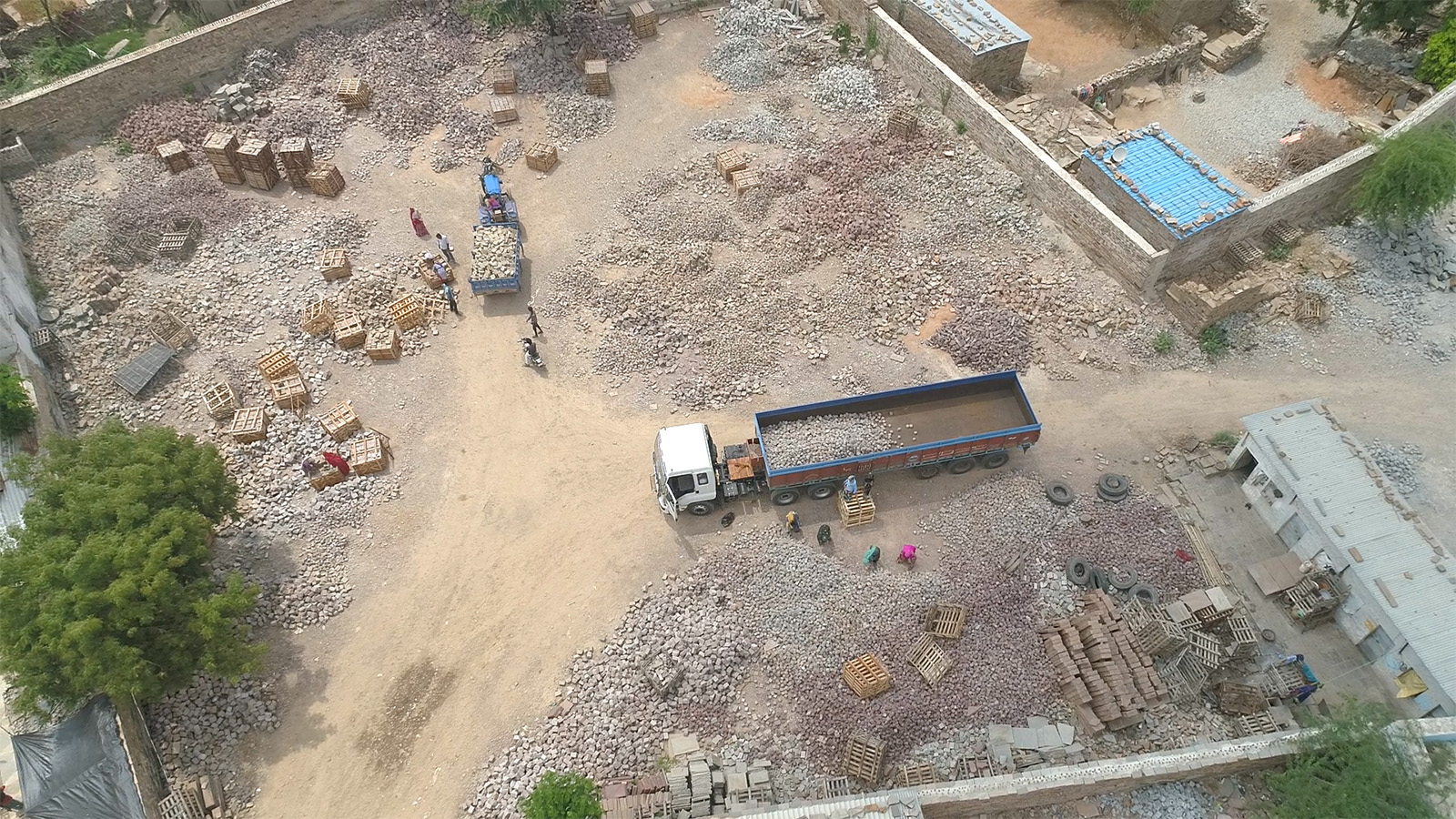
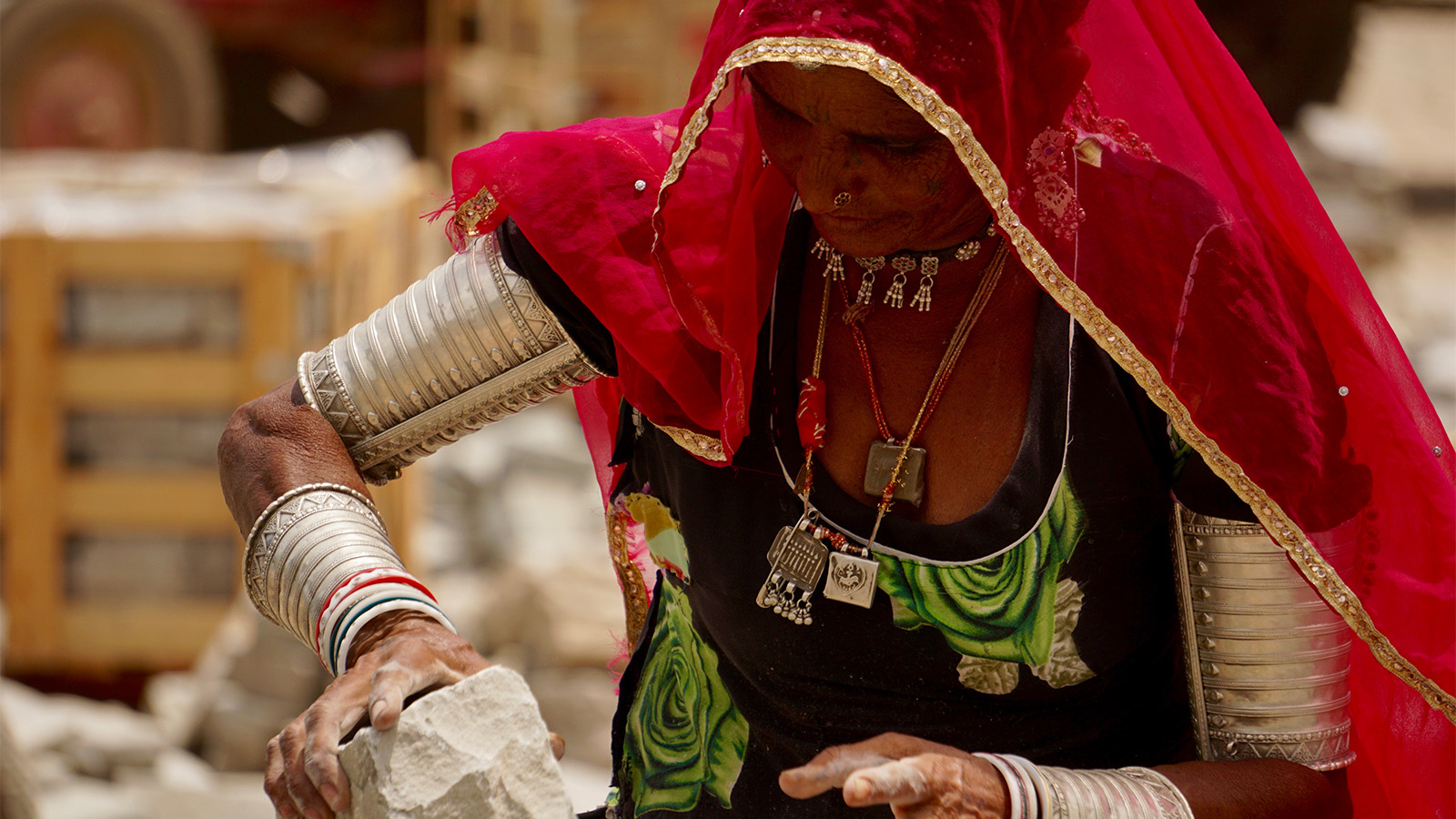
Manjari’s power
A child labour free zone project was started in Budhpura in 2013 by Manjari, a local NGO. The child labour free zone encompasses ten villages and a population of 7000, 25% of which are between 6 and 18 years old. Many are migrants from other states in India and tribal communities who have settled down in Budphura for many years. Manjari’s work covers most aspects of the area-based approach: community mobilisation, involving teachers and local businesses, linking families to social schemes like health insurance and widows’ benefits; strengthening government services through advocacy; and improving quality of and access to healthcare and education.
Manjari helped creating adolescent groups in which boys are trained to become more confident and girls learn about their bodies. They helped to establish 25 labour groups that teach workers about the risks of working in the mines and the dangers of silicosis. Last but not least, Manjari engaged with the local business community, local and district level governmental bodies, and with the State Forum on Natural Stone.
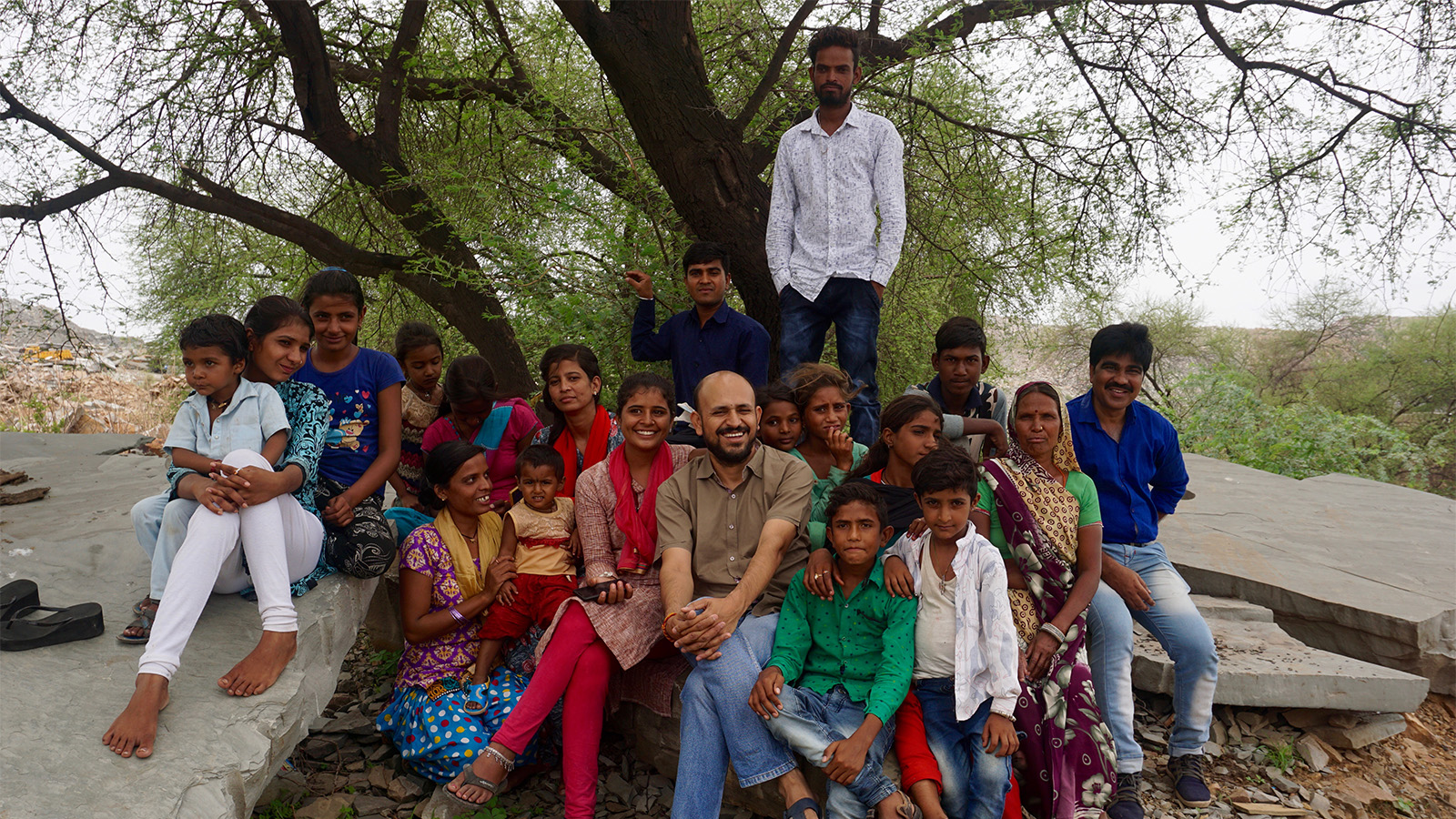



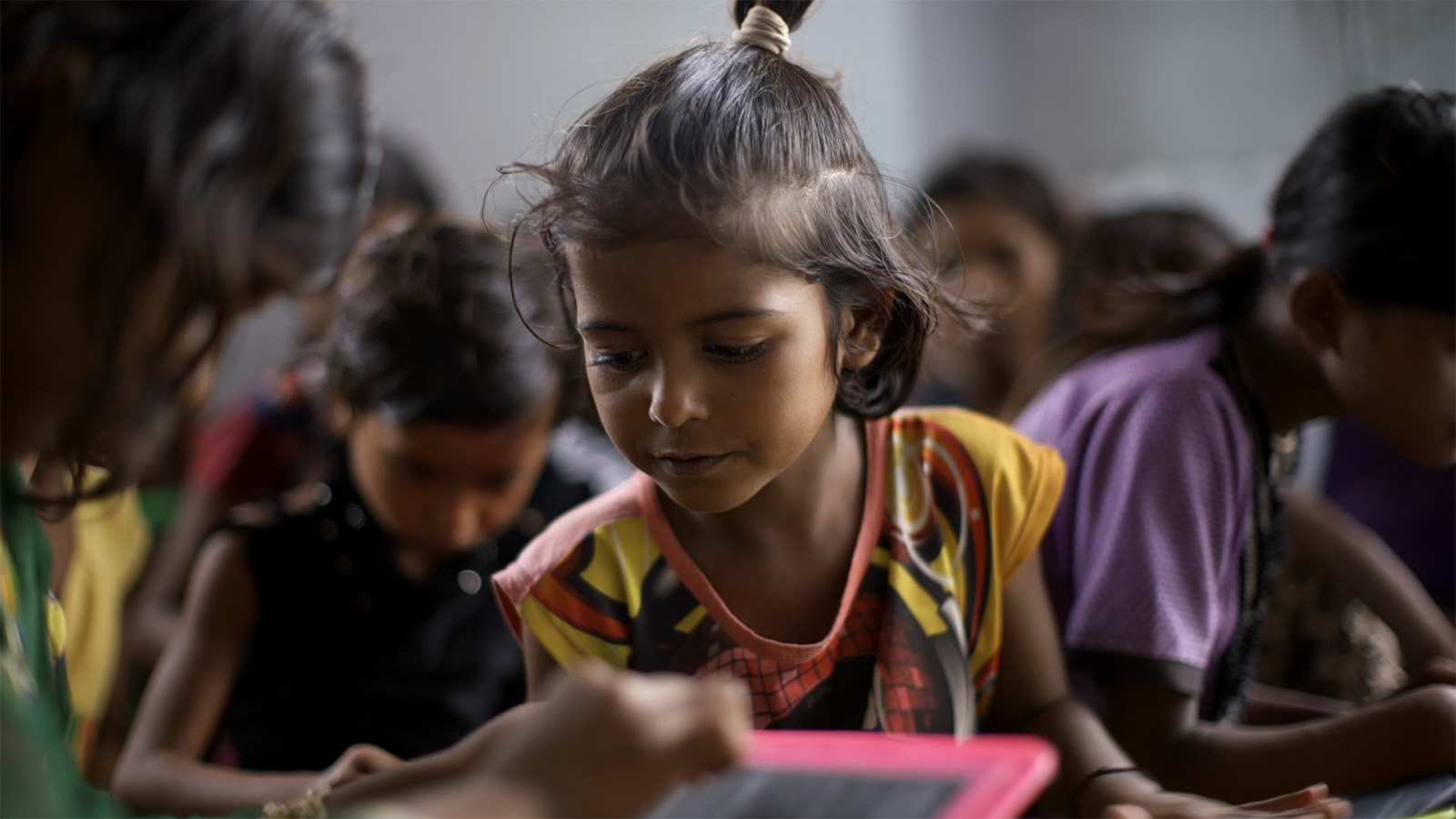
Involving traders and companies
Local traders, organised in the Cobble Traders’ Association, are aware of the negative image that child labour gives their merchandise. They prohibited the practice in their cobble yards. However, this was only effectively enforced after Manjari convinced the traders to fine any members still making use of child labour, to demarcate stockyards with ‘No Child Labour’ billboards and some of the yards have installed camera surveillance. International companies Beltrami, London Stone and Stoneasy have played an important role in convincing their suppliers to change their practices.
They visit the area regularly, support the project financially, help raise awareness and convince other stakeholders to join. Slowly, the local business sees the importance of improving the working conditions in the yard and the effect it can have on the community and their own business.
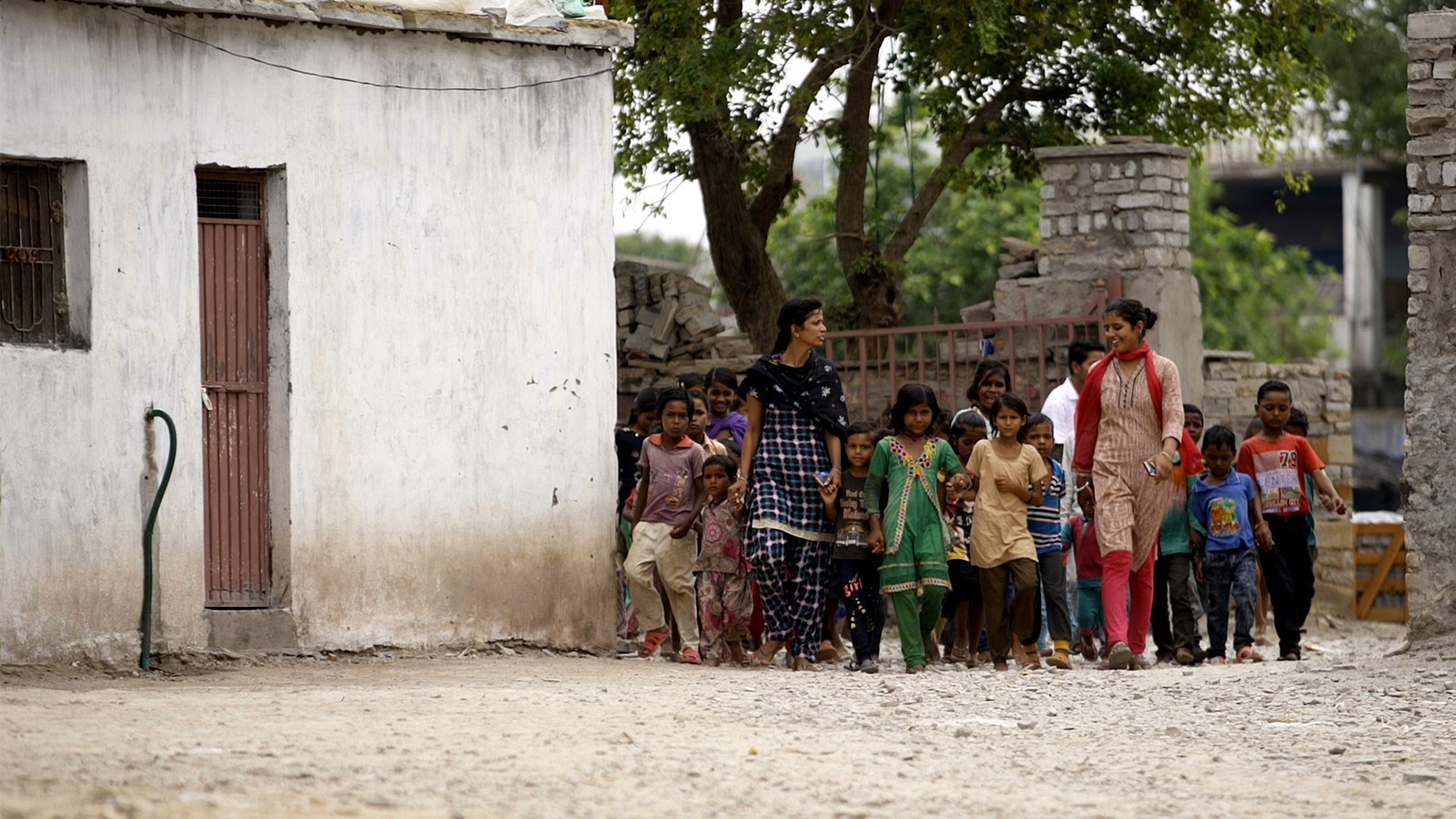
Combining bottom-up and top-down approaches
Manjari’s role in this respect is innovative. By positioning itself as supply chain partner for businesses and offering access to the grassroots level of workers and their families, Manjari helps businesses increase transparency in supply chains. This is necessary for complying with social and environmental norms. It facilitates communication between top and bottom, thus sensitising companies and authorities to the needs on the ground.


Today in Budhpura
The notion that child labour is no longer accepted in the cobble yards is now widely accepted in Budhpura – although realisation remains a challenge. Several ‘model’ cobble yard owners have made improvements on their sites, such as creating shadow rest places, providing toilets, clean drinking water and a kindergarten. Manjari continues to visit working sites and households (many families are given stones to chop and hack at home) regularly to check up on the whereabouts and wellbeing of the children. By building the capacity of the local business and the parents, youth and children it hopes to create a sustainably change for everyone.







